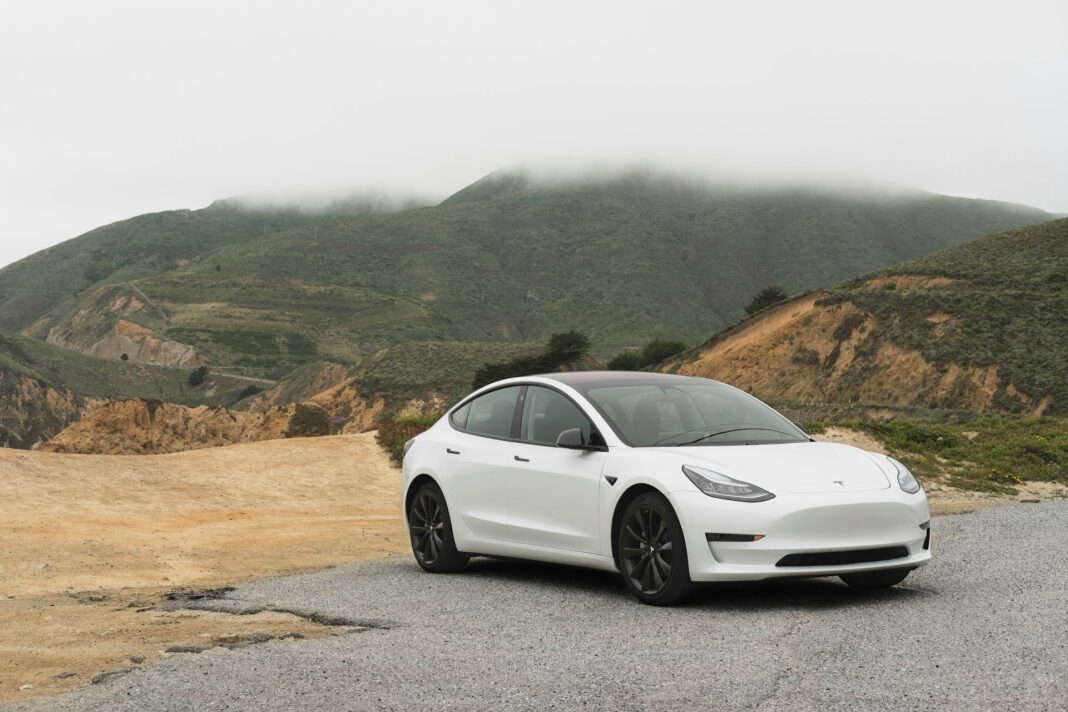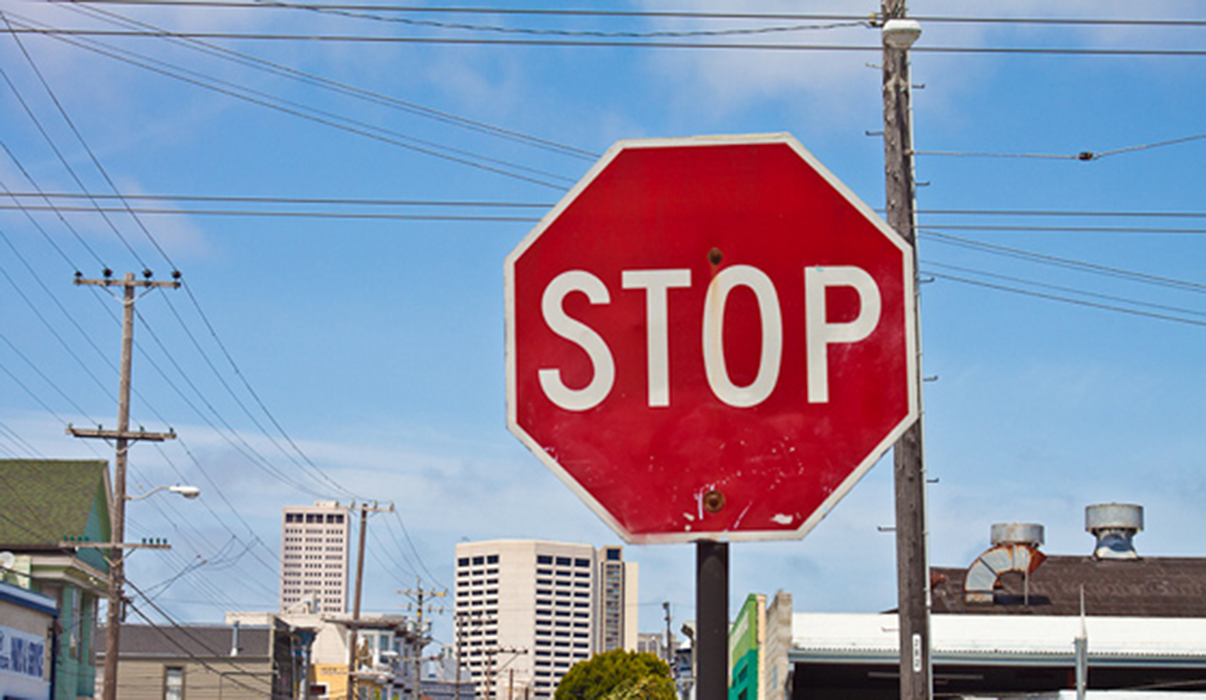SAN FRANCISCO—On February 1, the SF District Attorney’s Office announced along with 24 other District Attorneys throughout California, that a judge in San Joaquin County ordered Tesla, Inc. to pay $1.5 million as part of a settlement of a civil environmental prosecution alleging the electric car company illegally disposed of hazardous waste at its car service centers, energy centers, and its factory in Fremont.
In the complaint filed in San Joaquin County, prosecutors alleged Tesla, Inc. illegally disposed of hazardous waste generated during its servicing and manufacturing of its electric vehicles in violation of California law establishing the proper control, storage, management, and disposal of hazardous waste. Tesla, Inc., a Delaware Corporation, currently owns and operates approximately 57 car service centers and 18 solar energy facilities throughout the state.
Tesla, Inc. manufactures their electric vehicles from its Fremont Factory in Alameda County.
The investigation, initiated by the San Francisco District Attorney’s Office Environmental Division, started in 2018 when investigators with the SFDA’s Office conducted undercover inspections of Tesla, Inc.’s trash containers at its car service centers. It revealed the illegal disposal of numerous used hazardous automotive components (i.e., lubricating oils, brake cleaners, lead acid and other batteries, aerosols, antifreeze, waste solvents and other cleaners, electronic waste, waste paint, and debris contaminated with the above).
After the discovery, DA investigators from Alameda, Monterey, Orange, Placer, Riverside, San Diego, and San Joaquin counties conducted additional inspections at Tesla, Inc.’s car service centers throughout California and found similar unlawful disposals. Alameda County District Attorney investigators conducted waste inspections of trash containers at the Fremont Factory and found Tesla’s unlawful disposal of additional hazardous wastes, including metal car panel welding spatter waste (which can contain copper), waste paint mix cups produced during paint repair and wipes/debris contaminated with primer.
Tesla, Inc. cooperated with the DA’s investigation and took steps to improve its compliance with the environmental protection laws brought to its attention by the prosecutors. After the company was notified of the issues, Tesla, Inc. began quarantining and screening trash containers for hazardous waste at all of its service centers before trash was brought to the landfill.
As part of the settlement, Tesla, Inc. is ordered to pay $1.3 million in civil penalties and $200,000 to reimburse the costs of the investigation. Tesla, Inc. is ordered to comply with a detailed injunction for five years.
Injunctive compliance measures include proper training of employees and the hiring of a third party to conduct annual waste audits of its trash containers at ten percent of its facilities. The audits will occur each year for five years and auditors will examine trash containers for hazardous waste.




